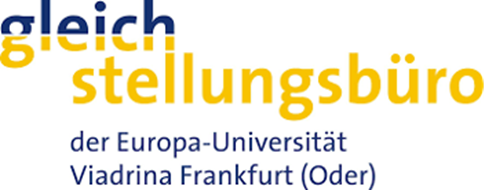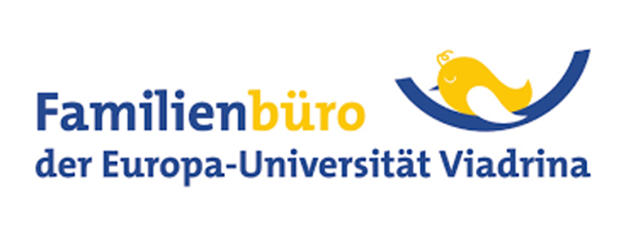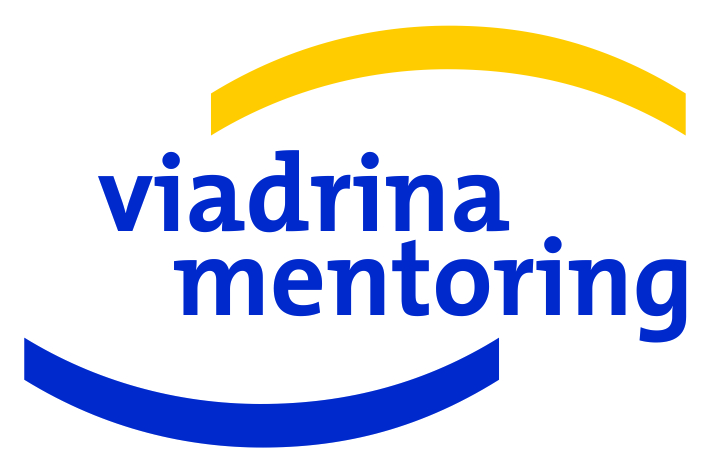Equal Opportunity Division
Welcome!
Viadrina has set itself the goal of making educational equality, good working conditions, reliable career prospects and needs-orientated services its core tasks. A holistic understanding of equal opportunities and diversity is important for this. To promote this, Viadrina is working to create an inclusive organisational culture that makes mechanisms of inequality and exclusion visible and reduces them in the long term.
The diversity of people with their different potentials, experiences, life paths and life plans is an indispensable resource for the university as a learning organisation. As an educational and research institution, we welcome all people and have a responsibility to create a space characterised by respect and acceptance.
As the Equal Opportunity Division, our work currently focuses on the following topics: Family and care, anti-discrimination, health, women and gender diversity, inclusion and university culture.
The division is in close contact with other stakeholders within and outside the university and works with them to develop strategies and programmes to actively promote the development of a diversity-sensitive and anti-discriminatory university and academic culture. We also provide contact and advice centres as well as specific contact persons.
Equal Opportunity Division
- Postal address:
- Große Scharrnstraße 59, 15230 Frankfurt (Oder)
- chancengleichheit@europa-uni.de
- Team & Kontakte
Offices:
AM 110 / AM K14 / AM K15 / HG 276
Auditorium Maximum (AM): Logenstraße 4, 15230 Frankfurt (Oder)
Hauptgebäude (HG): Große Scharrnstraße 59, 15230 Frankfurt (Oder)
Topics
Dates
Who are we here for?
Our programmes and measures are aimed in particular at students and employees who are discriminated against and structurally disadvantaged on the basis of these actual or presumed characteristics:
- Racist attributions (based on appearance, name, presumed origin or religious affiliation, etc.)
- gender or gender attribution
- sexual orientation or identity
- family care responsibilities
- social origin or status
- age
- health impairment, chronic illness, disability




